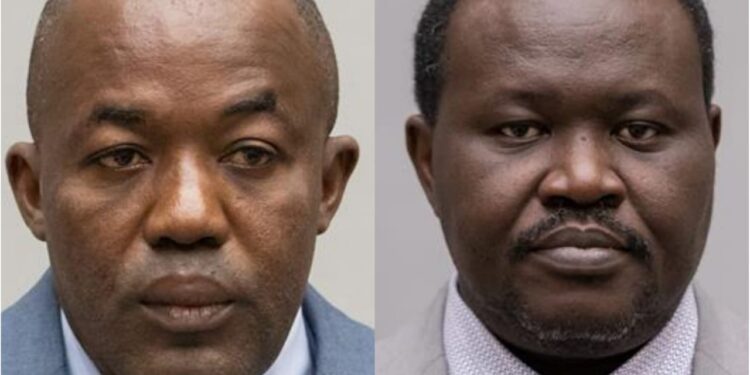By Thomas Verfuss
The transfer of (former) militia leader Alfred Yekatom to The Hague on Saturday came as a pleasant surprise to victims in the Central African Republic, to NGOs working on the CAR — and those inside and outside the International Criminal Court who fear that the ICC might run out of suspects to try in the foreseeable future.
In the academic debate on social media like Twitter, the term “prosecutorial opportunism” popped up again immediately. In simple terms, this means the suspicion that international criminal courts “just take what they can get”.
Contemporaneous international criminal courts and tribunals are a relatively new phenomenon. They all start off with an empty prison (like the new Kosovo Tribunal, which is in the process of being set up in The Hague) and have to justify their existence (and the money the international community spends on them – the annual circus of ICC budget negotiations will soon reach its culmination point again at the Assembly of States Parties in December).
The first of those new international criminal jurisdictions was the tribunal for the former Yugoslavia (ICTY) set up in 1993. Many said it should go after political leaders like Radovan Karadžić – whom, in the absence of a police force, it could not get. So the first ICTY detainee whom the tribunal could get hold of was Dusko Tadic, who was already in custody in Germany – a former village policeman, thus a small fish.
The ICC, in its two first trials, also started off with two suspects it could “get” from the Democratic Republic of Congo because they were already in custody in the DRC for other reasons: Thomas Lubanga and Germain Katanga. And the government in Kinshasa was happy to get rid of them and send them to The Hague.
In the Yekatom case, the arrest warrant was only issued when the man, also known as Ramb,o was already in custody for other reasons – the army arrested him after he was involved in a shooting in parliament. The crimes he has been charged for – like murder, torture, deportation, recruiting child soldiers – were committed in 2013 and 2014. They have been documented long ago by the United Nations and NGOs like the FIDH. But the Prosecutor of the ICC only asked the judges of the Pre-Trial Chamber for an arrest warrant on October 30, a few days after Yekatom had been arrested in parliament.
Some argue that Yekatom should be tried before the Special Criminal Court in Bangui, which has been recently set up with the support of the international community – in the spirit of “positive complementarity”. The ICC is a court of last resort, which is only supposed to come into action when national justice systems are unable or unwilling to do so. Some experts argue that the judges of the Pre-Trial Chamber should have refused the arrest warrant after a so-called “admissibility test”, saying: there is a court in Bangui that can try him, so he must be tried there.
But it would be too simplistic to just paint a somewhat cynical image of “prosecutorial opportunism” and “institutional survival”. Observers in the CAR feared for civil unrest – thousands of anti-Balaka (Yekatom’s militia) supporters might riot.
And taking Yekatom to The Hague avoids any temptation for the participants at the ongoing national peace talks to grant him amnesty – a price some might want to pay in a situation where most of the national territory is still not under the control of the central government.
See also: https://www.icc-cpi.int/Pages/item.aspx?name=pr1418







